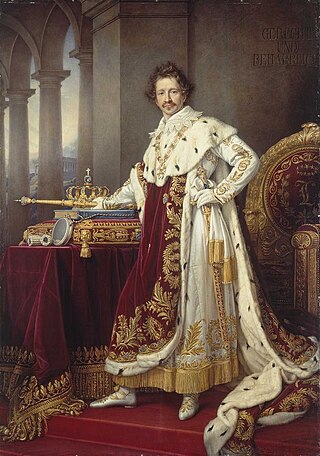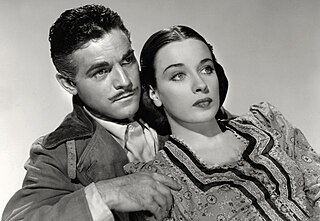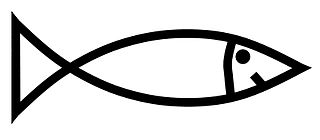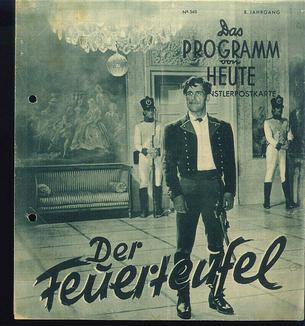Ludwig Bauer may refer to:
- Ludwig Bauer (1876–1935), Austro-Swiss journalist
- Ludwig Bauer (officer) (1923–2020), German World War II tank commander
- Ludwig Bauer (soldier) (1912–1944), German World War II soldier
Ludwig Bauer may refer to:
Kraut is a German word recorded in English from 1918 onwards as an ethnic slur for a German, particularly a German soldier during World War I and World War II. Its earlier meaning in English was as a synonym for sauerkraut, a traditional Central and Eastern European food.

Friedrich Ludwig "Fritz" Bauer was a German pioneer of computer science and professor at the Technical University of Munich.

The Kingdom of Bavaria was a German state that succeeded the former Electorate of Bavaria in 1806 and continued to exist until 1918. With the unification of Germany into the German Empire in 1871, the kingdom became a federated state of the new empire and was second in size, power, and wealth only to the leading state, the Kingdom of Prussia.
The German Empire established diplomatic relations with the Republic of China in October 1913. After the creation of the Weimar Republic, Germany followed a policy of friendship towards China. Nazi Germany and the Nationalist government of the Republic of China maintained bilateral relations between 1933 and 1941. The Chinese Nationalists sought German military and economic support to help them consolidate control over factional warlords and resist Japanese imperialism. Germany sought raw materials such as tungsten and antimony from China. During the mid-1930s, thousands of Chinese soldiers were trained by German officers and German economic investment made its way into China. However, Joachim von Ribbentrop strongly favored an alliance with Japan over one with China, and starting with the 1936 Anti-Comintern Pact, Germany began to realign its East Asia policy. After Japan invaded China in 1937 and Ribbentrop became Foreign Minister the following year, German aid to China was cut off. In July 1941, Nazi Germany severed relations with Nationalist China and transferred their recognition to the Japanese-controlled Wang Jingwei regime. Nonetheless, China did not officially declare war on the Axis Powers until after the attack on Pearl Harbor.
The history of the Jews during World War II is almost synonymous with the persecution and murder of Jews which was committed on an unprecedented scale in Europe and European North Africa. The massive scale of the Holocaust which happened during World War II greatly affected the Jewish people and world public opinion, which only understood the dimensions of the Final Solution after the war. The genocide, known as HaShoah in Hebrew, aimed at the elimination of the Jewish people on the European continent. It was a broadly organized operation led by Nazi Germany, in which approximately six million Jews were murdered methodically and with horrifying cruelty. Although the Holocaust was organized by the highest levels of the Nazi German government, the vast majority of Jews murdered were not German, but were instead residents of countries invaded by the Nazis after 1938. Of the approximately 6 million Jews murdered by the Nazis, approximately 160,000 to 180,000 were German Jews. During the Holocaust in occupied Poland, more than one million Jews were murdered in gas chambers of the Auschwitz concentration camp alone. The murder of the Jews of Europe affected Jewish communities in Albania, Austria, Belarus, Belgium, Bosnia & Herzegovina, Channel Islands, Croatia, Czech Republic, Estonia, France, Germany, Greece, Hungary, Italy, Latvia, Libya, Lithuania, Luxembourg, Moldova, the Netherlands, North Macedonia, Norway, Poland, Romania, Russia, Serbia, Slovakia, and Ukraine.

Kessler is a television series produced by the BBC in 1981, starring Clifford Rose in the title role. The six-part serial is a sequel to the Second World War drama series Secret Army, set in contemporary times.
Henke is a surname. Notable people with the surname include:
Ernst Bauer may refer to:

Ludwig is a German name, deriving from Old High German Hludwīg, also spelled Hluotwīg. Etymologically, the name can be traced back to the reconstructed Proto-Germanic name *hlūdawiganaz, which is composed of two elements: *hlūdaz and *wiganą respectively, the resulting name meaning "famous warrior" or "famous in battle".
Johann Bauer may refer to:
Robert Bauer is an American attorney who served as White House Counsel in the administration of President Barack Obama.
Ludwig Müller (1883–1945) was a German theologian

Hitler's Madman is a 1943 World War II drama directed by Douglas Sirk. It is a fictionalized account of the 1942 assassination of Nazi official Reinhard Heydrich and the resulting Lidice massacre, which the Germans committed as revenge. The film stars Patricia Morison and Alan Curtis and features John Carradine as Reinhard Heydrich. Sirk intended the film to function more as a documentary, but after Louis B. Mayer acquired the film in February 1943, he required reshoots to increase the drama. According to TCM, “Added material included Heydrich's deathbed scene with "Himmler" and university scenes featuring M-G-M starlets, including Ava Gardner.”

The 35th Infantry Division was a German Army infantry division in World War II.
Events in the year 1943 in Germany.
Events in the year 1944 in Germany.

The Friedrich-August Cross was a German decoration of the First World War. It was set up on 24 September 1914 by Frederick Augustus II, Grand Duke of Oldenburg, with two classes, for "all persons of military or civilian status, who have shown outstanding service during the war itself".
Ludwig Becker may refer to:
Gerhard is a name of Germanic origin and may refer to:

The Fire Devil is a 1940 German historical adventure film directed by and starring Luis Trenker. It also featured Judith Holzmeister, Bertl Schultes and Hilde von Stolz. The title is sometimes translated as The Arsonist.